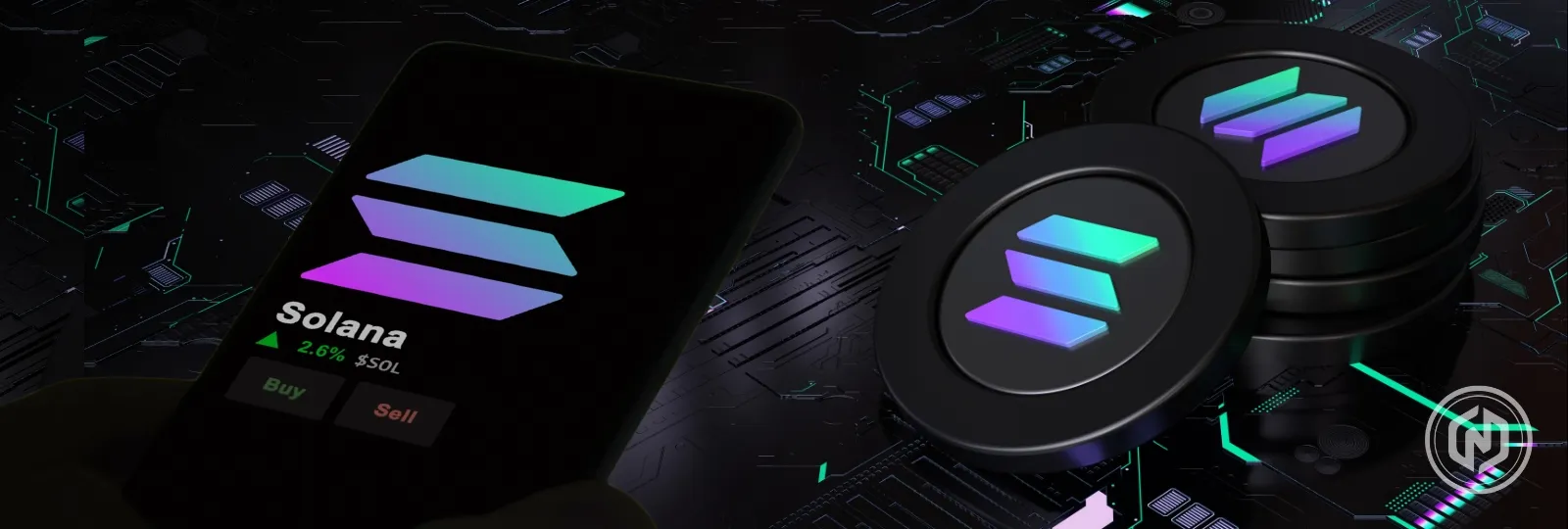Solana’s (SOL) core infrastructure encountered a high-security vulnerability, allowing unauthorized token generation and wallet compromises. A security flaw affecting the Token-2022 standard confidential assets has been resolved after depriving the protocol of its integrity. The network maintained operational integrity while an issue surfaced about its management strategy and information disclosure.
Solana Security Patch Prevents Major Breach
A critical flaw appeared in Solana’s ZK ElGamal Proof program, which functions as the native validator of zero-knowledge encrypted balances. The vulnerability caused problems with confidential Token-2022 standard tokens, decreasing the security of encrypted account balance information. The bug also allowed attackers to bypass regular permissions, enabling unauthorized minting and withdrawals.
The program lacked proper verification features to check accuracy, enabling attackers to execute false valid transactions. The system contained a flaw that enabled criminals to perform malicious activities without any security checks. The vulnerability permitted attackers to create limitless tokens and withdraw funds from different account resources.
Before any attack took place, Solana’s engineering personnel located the vulnerability, which they sealed with coordinated validator updates. Security researchers working with Solana collaborated with Asymmetric Research, Neodyme, and OtterSec groups to validate their security repairs. The system remained secure throughout the entire time the vulnerability was present.
Community Criticizes Lack of Transparency
The patch stopped system failures, but users questioned both the hidden implementation process and the distribution methods used for validator repair procedures. More than 70% of Solana validators implemented the patch privately without public disclosure until the procedure was complete. Public scrutiny of network control and transparency increased due to the way urgent upgrade measures were deployed.
Community members expressed concerns because the coordination effort violated decentralized standards and threatened complete network control from behind the scenes. People debated if validators would team up to jeopardize either network neutrality standards or transaction fairness principles. Public trust in the protocol faces potential decline because some observers have documented this behavior.
A developer from LambdaClass defended Solana by pointing out that such response patterns have occurred during critical vulnerabilities on Bitcoin and other related networks. The 2018 Bitcoin inflation bug received a private resolution involving only a few core developers and mining pools. According to its supporters, Solana followed the standard industry practice during emergencies.
Solana Faces Questions Over Validator Control
The event brought new attention to the need to find an equilibrium between decentralization, maintenance, and swift security responses in Solana blockchain network operations. Rapid response protected the assets, but it revealed problems with community representation and network updates to the public. Centralized coordination, even in emergencies, clashes with blockchain’s open-access principles.
According to Solana’s team, personal data and funds were not misplaced, but concerns about validator control continue. Following the disclosure, public demand for better transparency and community oversight during patches has substantially increased. Some people advocate for a new emergency response system that maintains trust while preserving decentralization as a core principle.


